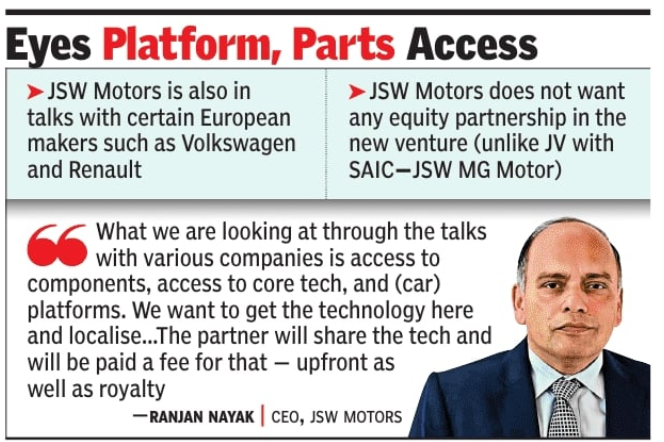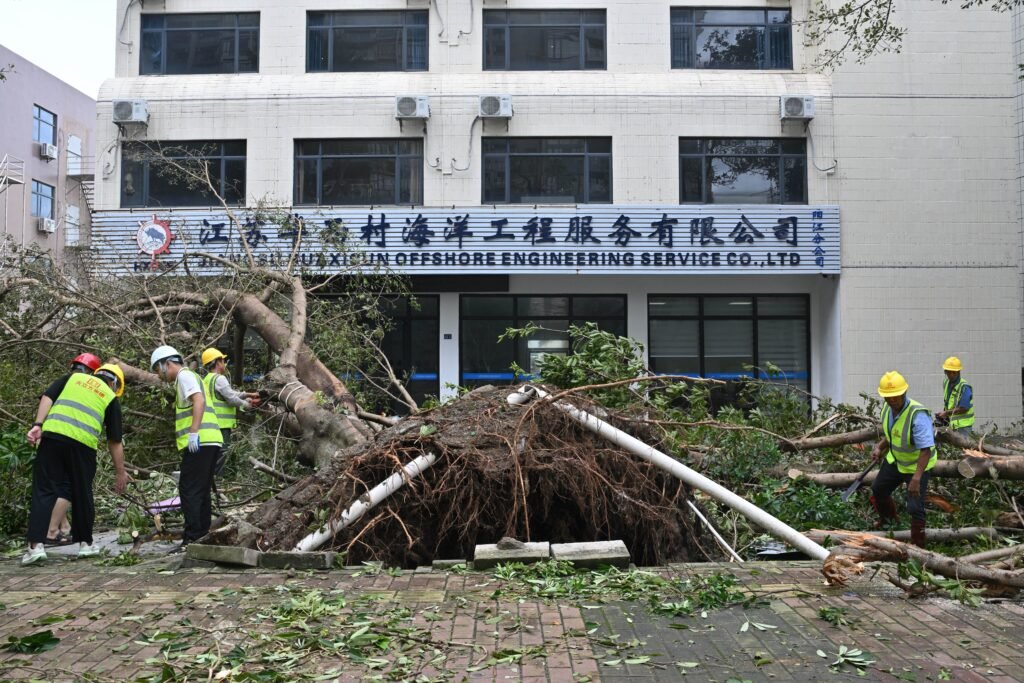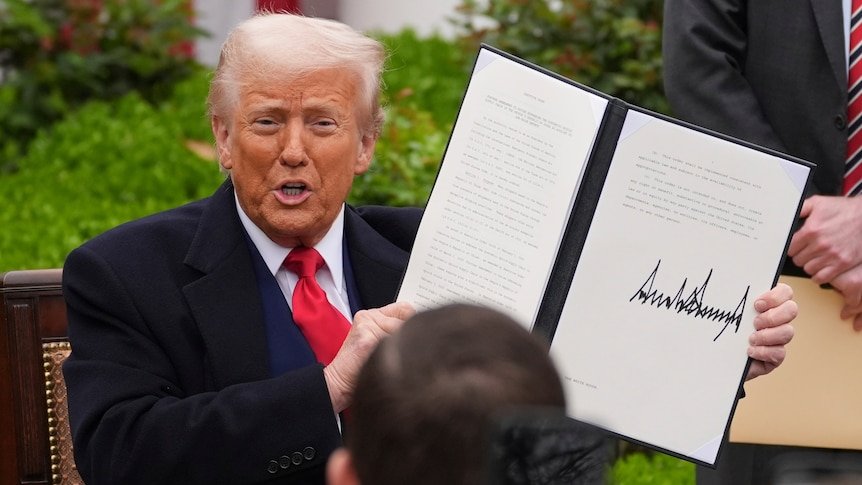
NEW DELHI: Steel magnate Sajjan Jindal’s fully-owned car venture JSW Motors is in talks with BYD — the world’s biggest EV maker — and a clutch of other Chinese companies like Geely, Cherry, Xiaomi, Nio Auto, and Li Auto for platform and component access. The Indian company has lined up investments of nearly Rs 26,000 crore over next five years for a foray into competitive passenger vehicle segment.JSW Motors intends to launch its cars next year (before June) from a new factory that is coming up Maharashtra. It is planning to launch 25 new models by 2030. It is also in talks with certain European makers, such as Volkswagen and Renault, as it stitches up alliances and partnerships for access to platforms and components, CEO Ranjan Nayak told TOI .

The partnership talks with BYD, which is currently importing its cars to India after paying heavy customs duty, had been initiated sometime back and are continuing. Nayak said JSW is also open to making cars for the Chinese giant at its Maharashtra factory, which will have a production capacity of 5 lakh units per annum.“I met the BYD teams even last month. I had talks with them… they can also leverage the Indian ecosystem in line with the shift in geopolitical dynamics. India could become an export hub for global markets. BYD can make here, localise here, and export to the US and Europe.”He said that JSW Motors, which also runs a car JV with another Chinese giant SAIC called JSW MG Motor, however, does not want any equity partnership in the new venture. “What we are looking at through the talks with various companies is access to components, access to core tech, and (car) platforms. We want to get the technology here and localise. Brutal localisation is our aim. Whoever is aligned with this goal is someone we are ready to collaborate with. The partner will share the tech and will be paid a fee for that — upfront as well as royalty. We don’t want to be locked up with one partner.”In terms of products that it plans to launch in India, JSW Motors is focusing on electrics, plug-in hybrids, and range extenders. “SUVs will be the preferred body type that we will target, even though there are plans for a premium sedan by around 2027. The average price of the early cars will be Rs 22-25 lakh, and after that we will enter the mass segment targeted at fleets and taxis which could be a hatchback. These mass products will be priced at Rs 8-9 lakh.”








